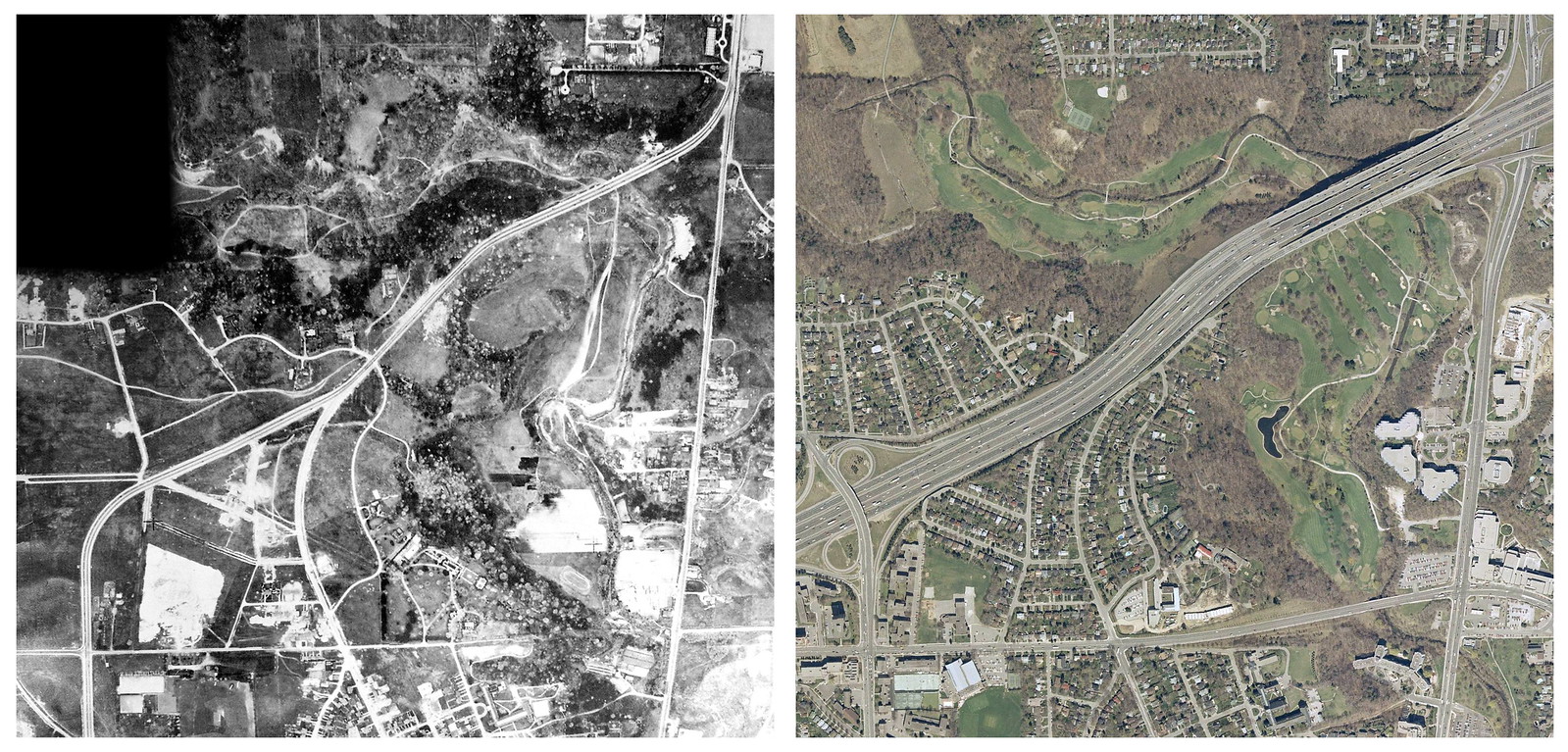Multiple neighbourhood groups in Midtown Toronto are asking the City to end the pilot project that put bike lanes on the stretch down Yonge Street between Bloor Street and Davisville Avenue.
The Midtown Complete Street pilot saw protected bike lanes installed on both sides of the street, temporary expanded patios for restaurants and “artistic curb extensions” that were intended to improve pedestrian safety at intersections.
It was completed in July 2021 and
the pilot project is expected to end April 30, 2022.
At the Infrastructure and Environment Comittee meeting Tuesday, the committee approved the motion. It will now go before city council for approval.
Ahead of meeting Tuesday, a group of concerned Midtown residents, called BeRationalTO, asked the City to end it immediately.
City staff have recommended extending the project until July 31, 2023. In a report, staff say preliminary data found a significant increase in cycling trips and a reduction in vehicle speeds along with support for local businesses due to the increase in CaféTO patios.
As for travel times along Yonge Street, the City found travel times increased by 30 seconds during peak periods in the morning and afternoon, and increased to 102 seconds midday.
Community consultation conducted by the City found that feedback ranged from support for the project to improved safety and experience for those walking and cycling, to requests to remove the bike lanes due to vehicle congestion and increased travel times.
BeRationalTO said the feedback they have received from various residents and businesses is that “the project has disrupted neighbourhoods and businesses that rely on the safe and smooth flow of traffic on Yonge Street.”
Deborah Briggs, the president of Summerhill Residents Association, one of the groups involved in BeRationalTO, said while some residents argued “passionately” to keep the bike lanes, the overall reaction was negative.
“Our area is locked in by the rail tracks to the south, the ravine to the east, and the escarpment to the north, and relies exclusively on access from Yonge Street,” Briggs said.
“A year of evidence and lived experience by residents along this stretch of Yonge Street has made it clear the pilot is ill-conceived and brings together too many projects, including ActiveTO’s bike lanes, CaféTO’s patios, more street parking and traffic ornaments and obstacles, into too congested a space to accommodate it all,” added long-time Cottingham Square resident Andrea Alexander in a release.
As of a part of the staff report, the City said they will be making signal changes to improve traffic congestion and will continue consultation with residents and businesses if the pilot moves forward.
During the meeting, city councillor for University-Rosedale, Mike Layton said, “There’s been a strong move towards Vision Zero but not moving forward on the cycling plan would be the exact opposite direction than the council priority. ”
“Change is hard, people experience these changes differently. Some people that may have relied heavily on their automobile or multiple short trips a day within the neighbourhood may experience the street differently than someone who used to dread that leg of their cycling journey because of just how dangerous that stretch of the road was on Yonge,” said Layton.
He added the concerns of the neighbourhood groups are valid and they will be addressed but removing the bike lanes is not the solution.






